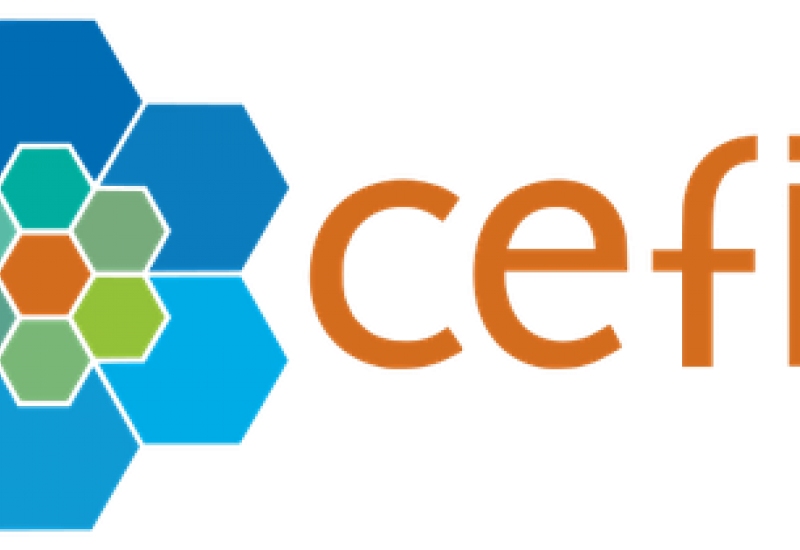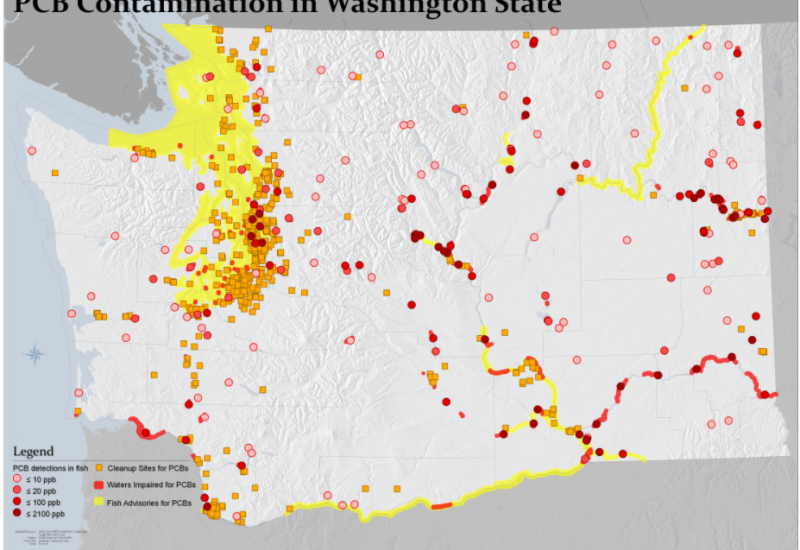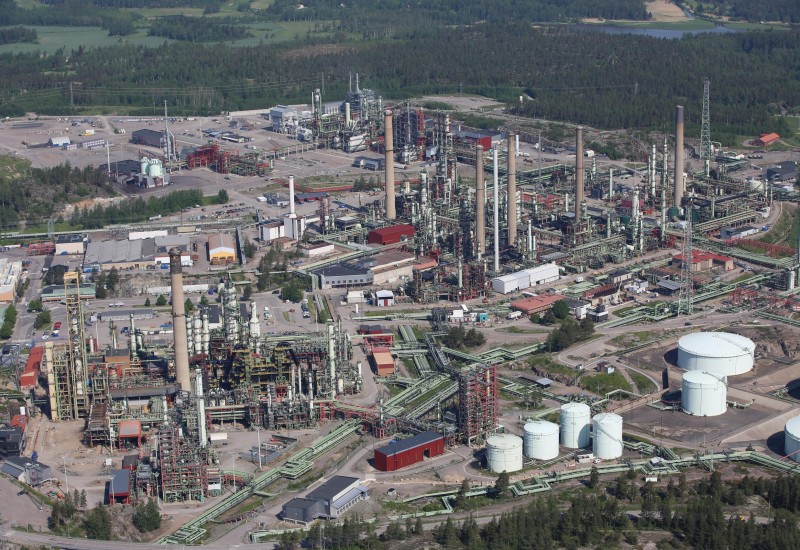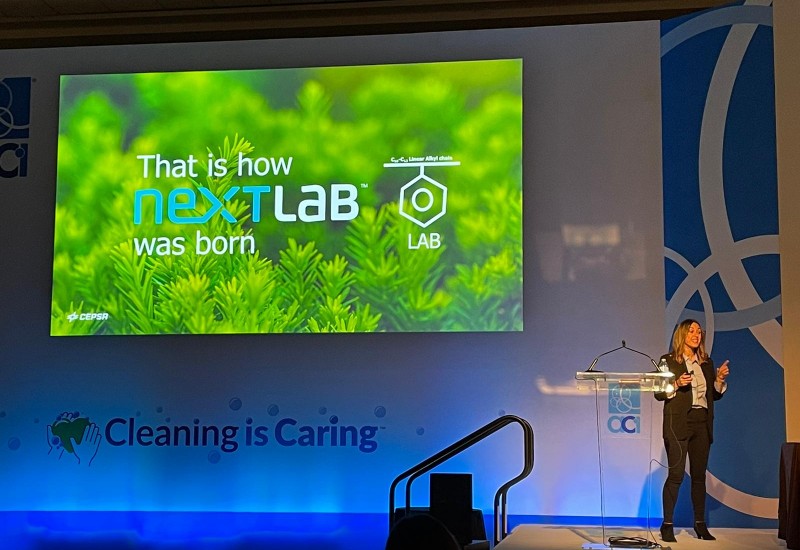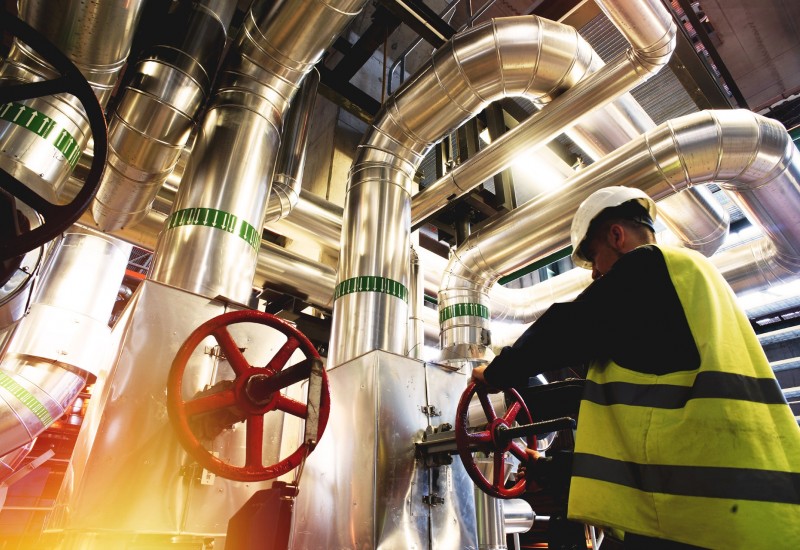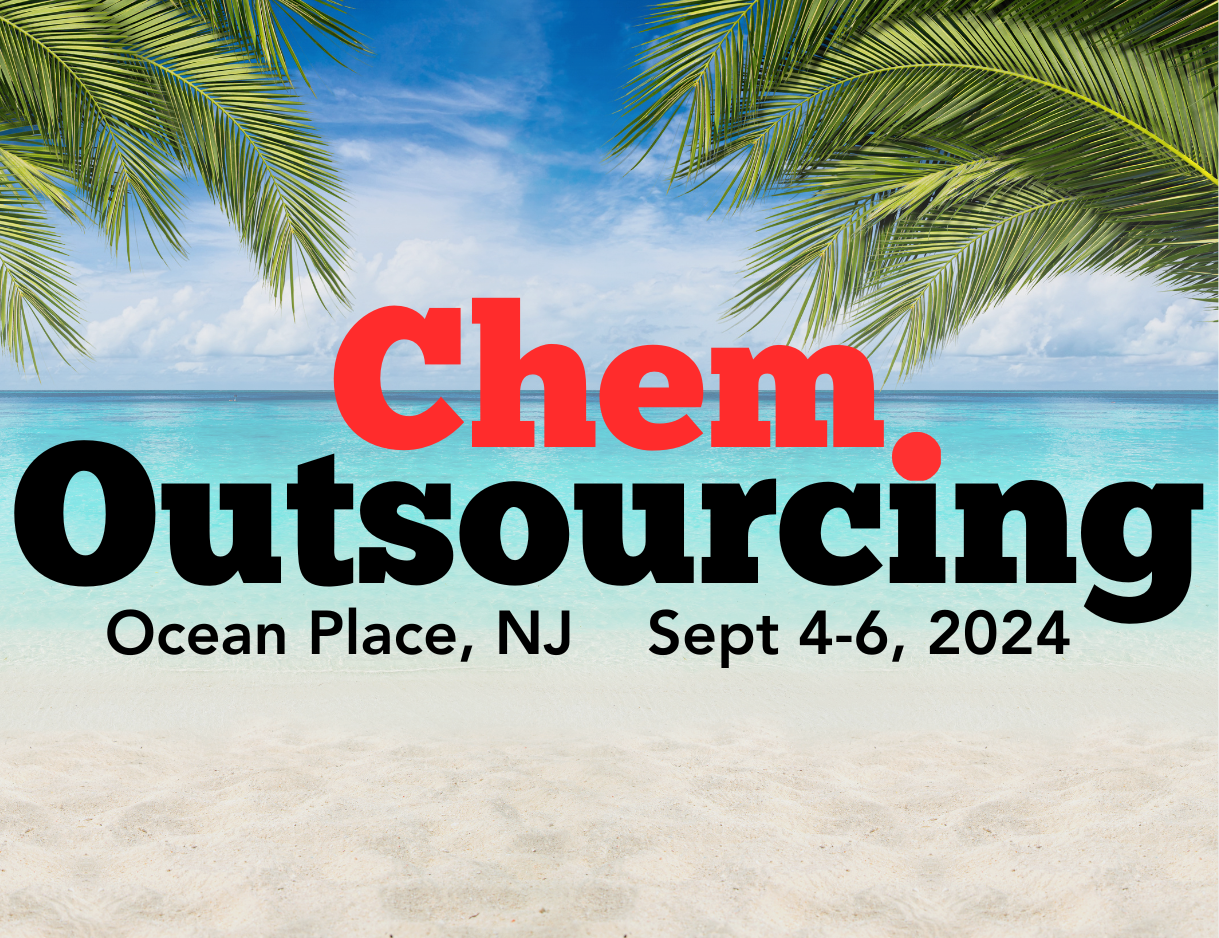CEFIC presents white paper for innovation
CEFIC has published a white paper presenting “a roadmap to unleash the full potential of innovation in the chemical industry”. The association said that harnessing this potential will require making the innovation framework smarter, using high-quality science, technological innovation and collaborative policies that prioritise openness and pragmatic outcomes while embracing innovative approaches”.
The white paper lists six pre-conditions that must be in place to fully reap the benefits of a smart innovation policy framework:


